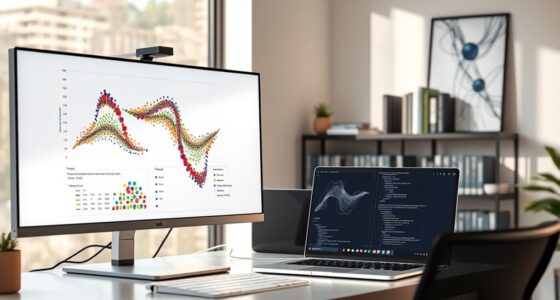OpenAI CEO Sam Altman is calling on the U.S. government to expand the CHIPS and Science Act’s Advanced Manufacturing Investment Credit (AMIC) to include AI data centers, server manufacturing, and grid infrastructure.
Under current law, AMIC targets semiconductor production. Altman argues that the next wave of economic growth will hinge on compute manufacturing and energy capacity, not just chips. OpenAI’s forecasted $1.4 trillion, eight-year infrastructure build-out would require parallel expansion in tax-credit eligibility.
If Washington acts, it could lower capital costs for hyperscale AI facilities and accelerate the U.S. race with China in compute power.
If it doesn’t, the risk is fragmented investment, where global players seek friendlier fiscal climates.
Altman was careful to note that OpenAI is not seeking government loan guarantees — signaling that this is not a bailout, but a strategic tax modernization plea.
Why it matters:
Tax policy is now an AI-era industrial lever. How lawmakers respond will determine whether U.S. AI capacity scales sustainably or bottlenecks under capital constraints.










